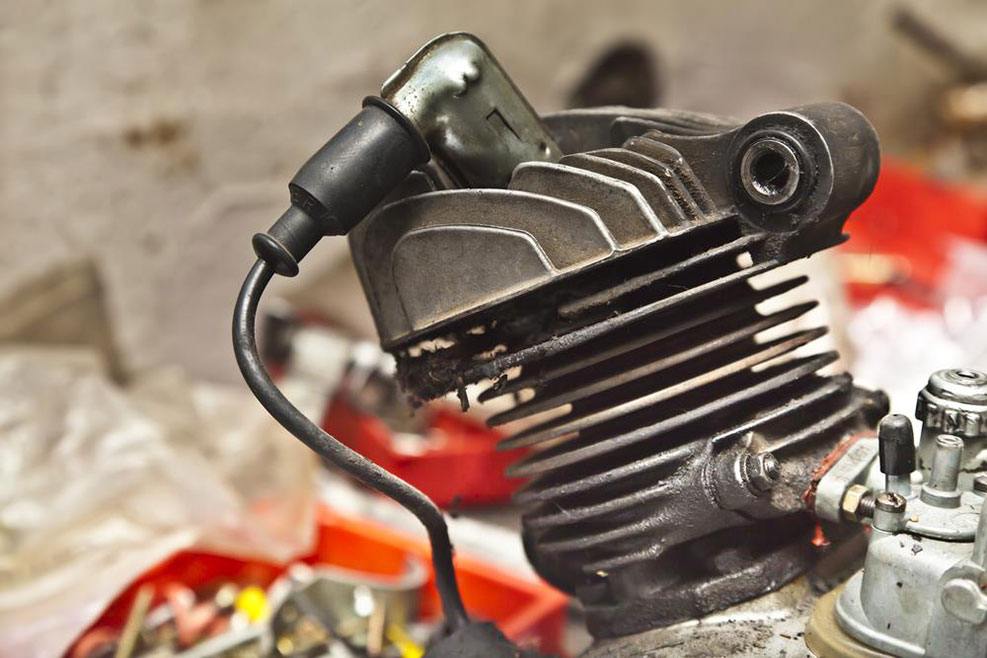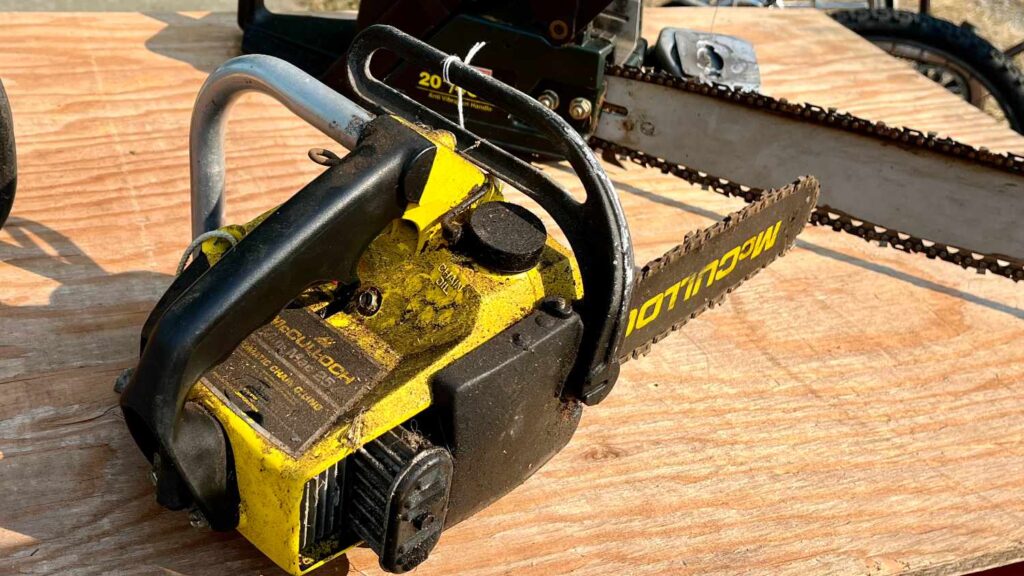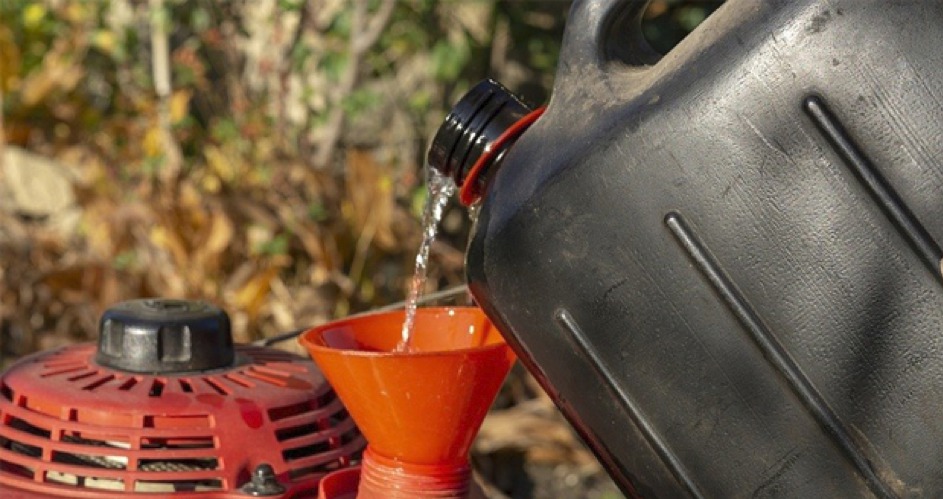Small engines are used in a variety of outdoor power equipment, such as lawn mowers, chainsaws, generators, and weed trimmers. These engines need the right kind of gas to run properly and prevent damage.
The Basics of Small Engine Fuel
Small engines typically use unleaded gasoline. The octane rating of the gas is important, as it determines how resistant the fuel is to knocking. Knocking is a condition that can occur when the fuel ignites too early in the combustion chamber. This can damage the engine.

The recommended octane rating for small engines varies depending on the engine’s design and operating conditions. Most small engines require regular unleaded gasoline with an octane rating of 87 or higher. However, some engines, such as those that operate at high altitudes, may require higher octane gas.
Ethanol in Small Engine Fuel
Ethanol is a type of alcohol that is often added to gasoline to make it burn cleaner and reduce emissions. However, ethanol can also be harmful to small engines.
Ethanol attracts water, which can cause the fuel to separate and become unusable. Ethanol can also corrode metal parts in the engine. For these reasons, it is best to avoid using gasoline with more than 10% ethanol in small engines.
Other Fuels for Small Engines
In addition to gasoline, there are a few other fuels that can be used in small engines. These include:
- Propane: Propane is a clean-burning fuel that is often used in generators and other outdoor power equipment. It is not as common as gasoline, but it is a good option for people who want to reduce their emissions.
- Natural gas: Natural gas is another clean-burning fuel that can be used in small engines. It is not as widely available as propane, but it is becoming more common.
- Biodiesel: Biodiesel is a renewable fuel that is made from vegetable oils or animal fats. It is a good option for people who want to reduce their reliance on fossil fuels.
How to Choose the Right Gas for Your Small Engine
The best way to choose the right gas for your small engine is to consult the owner’s manual. The manual will specify the octane rating and ethanol content that the engine requires.

If you are not sure what kind of gas to use, it is always best to err on the side of caution and use a higher octane gas. This will help to prevent knocking and damage to the engine.
Here are some additional tips for using the right gas in your small engine:
- Always use fresh gas. Gasoline can start to deteriorate after about 30 days.
- Keep the gas tank full. This will help to prevent moisture from getting into the gas.
- Add a fuel stabilizer to the gas. This will help to prevent the gas from deteriorating.
- Drain the gas tank and carburetor before storing the engine for an extended period of time. This will help to prevent gum and varnish from forming in the engine.
By following these tips, you can help to keep your small engine running smoothly and prevent damage.
Conclusion
The right kind of gas is important for keeping your small engine running smoothly and preventing damage. By following the tips in this article, you can choose the right gas for your engine and keep it running for years to come.

